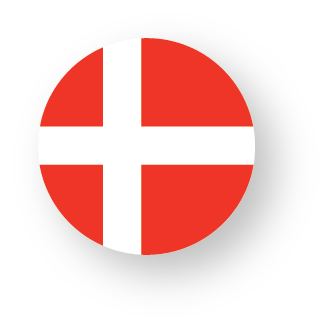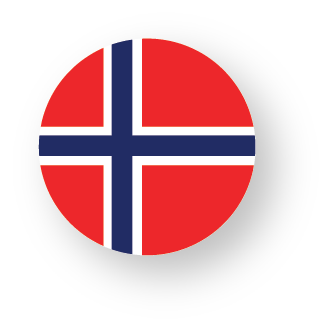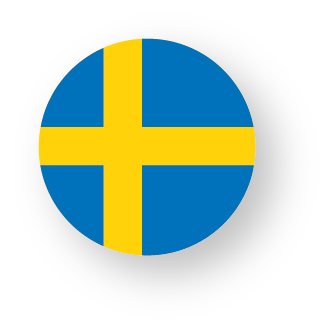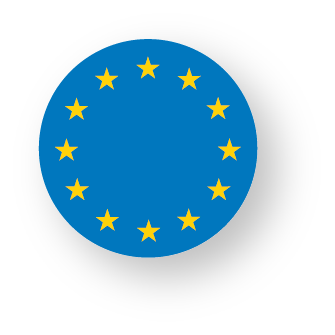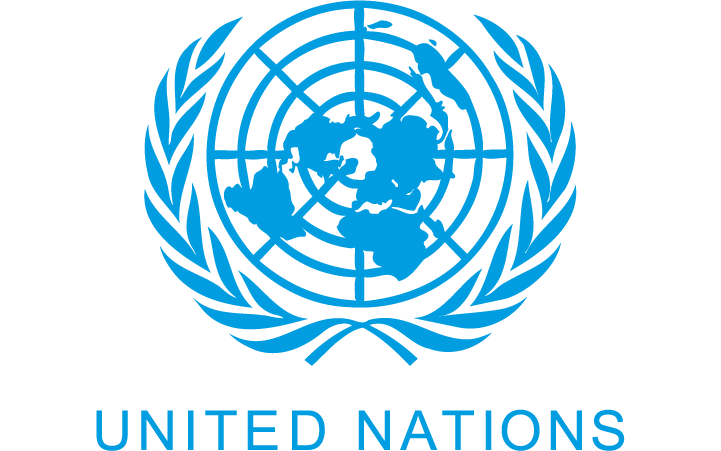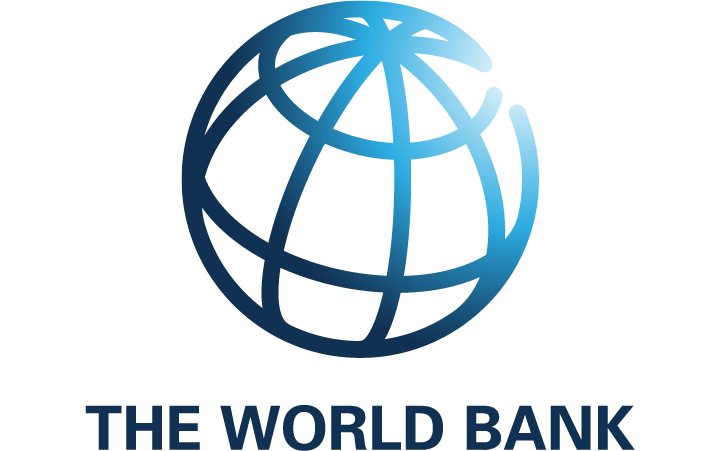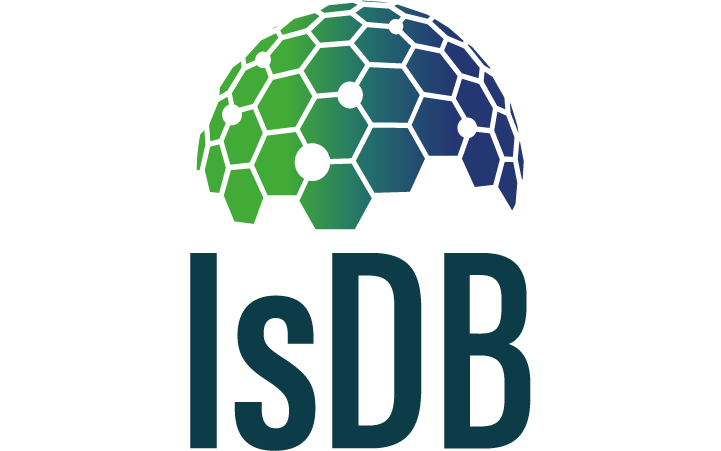The GCFF was established in 2016 in response to the Syrian refugee crisis. As the crisis unfolded, many Syrians sought refuge in neighboring Jordan and Lebanon. These two countries opened their borders to their neighbors in need, thus providing a global public good. However, the arrival of large numbers of refugees put a severe strain on their economies, service provision, and infrastructure. These middle-income countries could not borrow from Multilateral Development Banks (MDBs) at concessional rates traditionally reserved for the poorest nations. Hence the international community created the GCFF to provide concessional financing to countries hosting large numbers of refugees.
The GCFF, hosted by the World Bank, uses donor contributions from Supporting Countries (SCs) to reduce borrowing costs for development projects that benefit refugees and host communities. Development projects under the Facility are supported by five partner multilateral development banks (MDBs): the European Bank for Reconstruction and Development (EBRD), European Investment Bank (EIB), Inter-American Development Bank (IaDB), Islamic Development Bank (IsDB) and the World Bank (WB). The GCFF has provided support amounting to $953 million in grants which have enabled the provision of over $7.3 billion in loans on concessional terms for development projects which include focus on improving the lives of refugees and host communities in Armenia, Colombia, Costa Rica, Ecuador, Jordan, Lebanon, and Moldova.











